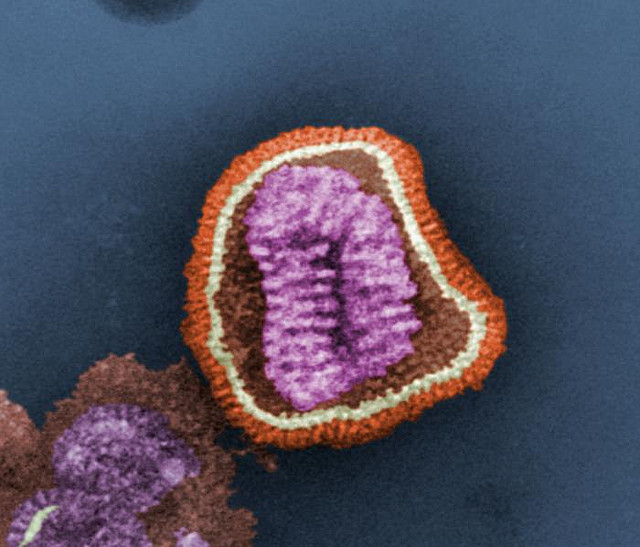Measurement Part One
1. Hot wire ammeters are used for measuring
(a) Only a.c.
(b) Only d.c
(c) Neither a.c nor d.c
(d) Both a.c. and d.c.
Answer-D
2. Which of the following meters is an integrating type instrument?
(a) Ammeter
(b) Voltmeter
(c) Wattmeter
(d) Energy meter
Answer-D
3. An electrodynamometer type of instruments finds its major use as
(a) Standard instrument only
(b) Transfer instrument only
(c) Both as or standard and transfer instruments
(d) An indicator type of instrument
Answer-C
4. Electrostatic instruments are used for measuring
(a) AC and DC voltage
(b) Ac voltage and current
(c) Dc voltage and current
(d) AC and DC currents
Answer-A
5. Rectifier type instrument can be use in
(a) a.c.
(b) d.c.
(c) Both (a) and (d)
(d) Pulsating
Answer-A
6. Dynamometer type of instrument can use in
(a) a.c.
(b) d.c.
(c) a.c. and d.c.
(d) Pulsating
Answer-c
7. Which one of the following instruments is equally accurate on ac as well as dc circuits?
(a) PMMC voltmeter
(b) Dynamometer wattmeter
(c) Moving iron ammeter
(d) Induction wattmeter
Answer-c
8. Which one of the following types of instruments does suffer from error due to magnetic hysteresis?
(a) Induction type
(b) Electrodynamics
(c) Moving Iron
(d) PMMC
Answer-C
9. A generated voltage is equally dependent on three resistance R1 , R2 , R3 and its value V= (R1 R2)/ (R3). If tolerance of each resistor is 0.1%, what will be the maximum error in voltage?
(a) 0.30%
(b)0.3%
(c) 0.10%
(d) 0.1%
Answer-B
10.Which one of the following statements correctly response the systematic error?
(a) These error can be calculated from the details of the instrument.
(b) These are the residual errors.
(c) These errors may occur controlled conditions.
(d) These are the error committed by the experiments.
Answer-A
11. Swamp resistance and condenser are used
(a) To reduce the error while measuring DC quantities in a moving iron instrument
(b) To reduce the error while measuring AC quantities in a moving iron instrument
(c) To reduce the error while measuring DC quantities in a moving coil instrument
(d) None of these
Answer-C
11. For accuracy of the instrument which is necessary
(a) Conformity
(b) Precision
(c) Both
(d) None of the above
Answer-C
12. Energy meter runs slowly even if power is not used. This error is called
(a) Speed error
(b) Phase error
(c) Creeping error
(d) None of these
Answer-C
13. A null type of instrument as compared to a deflecting type instrument has
(a) Higher accuracy
(b) Lower sensitivity
(c) Faster response
(d) All of the above
Answer-A
14.The efficiency of electrical machines should be calculated by measuring
(a) Output and input
(b) Losses and output
(c) Losses and input
(d) Losses
Answer-D
15. The ratio error in current transformer is due to
(a) Power factor of primary
(b) Wattles component of the current in the primary
(c) Exciting currents
(d) Leakage flux
Answer-C
16. To minimize the errors due to lead and contact resistance, low resistance used in electrical measurement work are provided with
(a) Guard rings
(b) Four terminals
(c) Thick insulation
(d) Metal shields
Answer-B
17. A 150 V moving iron voltmeter of accuracy class 1.0 reads 75 V when used in a circuit under standard condition. The mssimum possible percentage error in the reading is
(a) 4.0
(b) 2.0
(c) 1.0
(d) 0.5
Answer-B
18. In order to achieve accuracy, how should the slide wire of a potentiometer be?
(a) As long as possible
(b) As short as possible
(c) Very thin
(d) Very thick
Answer-A
19. Torque/weight ratio of an instrument indicates
(a) Selectivity
(b) Sensitivity
(c) Accuracy
(d) Fidelity
Answer-B
20. A 0-10 A ammeter has a guaranteed accuracy of 1% of full scale deflection, the limiting error while reading 2.5A will be
(a) 1%
(b) 2%
(c) 4%
(d) None of these
Answer-C

No comments:
Post a Comment